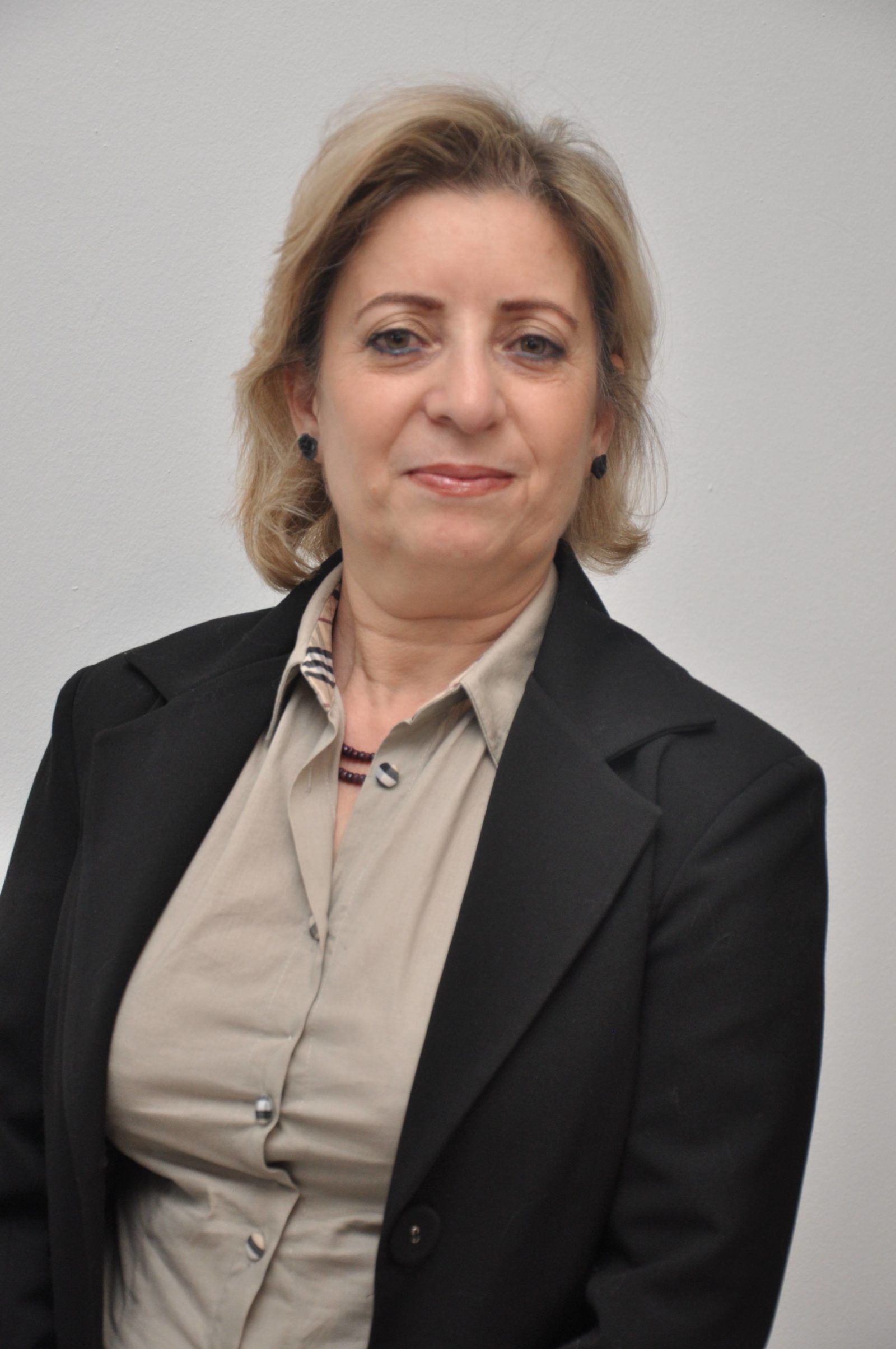
As a member of PWYP Tunisia, I sit on various national commissions and I participated in the development of the Open Government Partnership (OGP) work plan for Tunisia. The second work plan, which runs from 2016 to 2018, includes an obligation which requires the Tunisian government to join the Extractive Industries Transparency Initiative (EITI) and to make the extractive sector more transparent. As a result and with the help of NRGI, I am working to make the EITI known to our parliamentarians , officials and other actors in civil society.
Since 2011, the role of civil society has changed a lot for the better. We are now able to voice our opinions and we feel we are being listened to a lot more. For example, every time parliament discusses laws relating to energy and mining, PWYP members puts together comments on bill proposals. We are doing our best to assist Tunisia in its attempts at reform.
One of the strengths of the Tunisian coalition is that it is well established throughout the country and that it has local branches in the mining regions. We are really trying to make a link between the interests of the people and that of central government.
Of the challenges which we still face, of note is the lack of transparency in the sector in relation to revenue generated from extraction for example, but also in regards to beneficial ownership, as we suspect that there are many parliamentarians who have private interests in mining companies.
PWYP Tunisia hopes that the adoption of the Organic Draft Law on Freedom of Information last year will shed some light on these challenges.